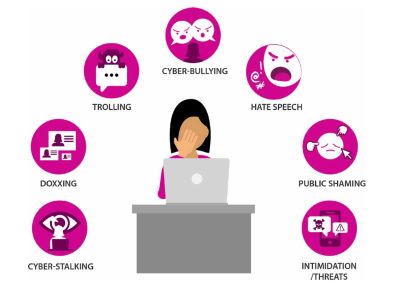Overview
Transform is a three-year global pilot initiative, which will support practical approaches to preventing, mitigating, and responding to Technology-Facilitated Gender Based Violence (TFGBV), with a focus on addressing violence experienced by women in politics and public life.
Transform will strengthen individuals’ resilience to TFGBV, institutions’ capacity and commitment to decreasing its prevalence, and equity-focused social norms related to gender and digital citizenship to reduce the negative impact of TFGBV on the lived experience of women in all their diversity, particularly those in politics and public life, LGBTQI+ individuals, and marginalized communities. The program is being piloted in three countries: Kenya, Georgia, and Guatemala.
Transform is an Associate Award (AA) carried out under the Civil Society and Media-Strengthened Together and Advancing in New Directions (CSM-STAND) Leader with Associates Award (LWA). It is implemented by the CSM-STAND consortium, with Pact as the holder of the leader award and recipient of the AA, and IREX as implementing lead. CSM-STAND is a five-year, USAID funded award that aims to foster independent civic forces; enhance civic engagement; and build vibrant, resilient, and self-reliant civil society and media sectors that cultivate more pluralistic, democratic societies.




